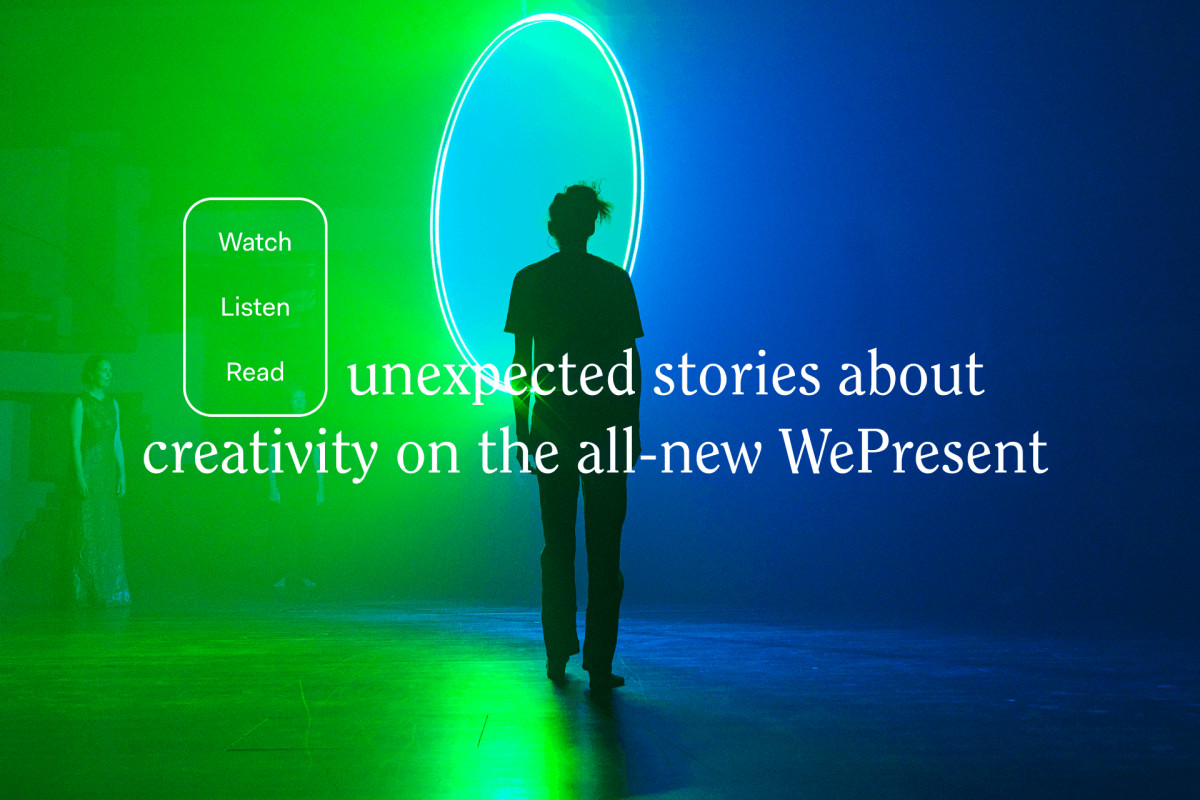Audiences and discovery
I saw a bunch of things over the last week about discovery, audiences, and the enduring power of email.
In Hugh Wallace's latest newsletter he reflects on how and where he finds things these days. Email figures prominently.
"The upside of clicking subscribe with such gay abandon means I know spending time in my inbox will mean unearthing stuff that floats my boat.
The newsletter wave appears to have triggered a renaissance in blogging and weeknotes too, so there’s a strong undercurrent of people publishing their thinking independently of centralised platforms."
Storythings' Hugh Garry (all the Hughs!) also shared some good reads/listens on the subject. "Are Email Newsletters Even Viable Anymore?" and "Email is the Most Consistent, Reliable Marketing Channel on the Web and I Can Prove It"
"If you’re not investing in an email list, you’re almost certainly missing out. That TikTok/Instagram/Threads/Twitter/LinkedIn following you’re building? Statistically it’s better to trade 1,000 new followers for a single email subscriber. That’s how lopsided the value-exchange is."
WePresent by WeTransfer
I came across WeTransfer's longform magazine-style content offer via this showcase of the work of Victor Arce.
The artwork itself isn't really my jam, but I like coming across these examples of nicely thought-through, nicely presented content formats from unexpected sources.
There's lots in WePresent to explore and the framing of their focus as 'unexpected stories about creativity' gives them a nice diverse niche to dig into.

No screens before age of two, Swedish health authority tells parents
This week the Swedish health authority updated its guidance on screentime for children.
"Screen use among two- to five-year-olds should be limited to a maximum of one hour, while children aged between six and 12 should not use screens for more than two hours. Among 13- to 18-year-olds, the limit is three hours.
This is a sharp reduction on the current average screen time figures among Swedish children and young people, which is estimated to be four hours a day for nine- to 12-year-olds and more than seven hours a day – not including schoolwork – for 17- and 18-year-olds."
Some context: Sweden is an intensely digital society and, until recently, the education system has focused hugely on digital skills and the use of technology in learning. However there has been some backlash against that recently with some research showing that digital approaches impair learning - it's also worth saying that this is amplified by the right-wing government that is currently in power in Sweden and their general suspicion towards the modern world and 'non-traditional' ideas.
A visual archive of audio cassette tape designs
The winners of this year's Tiny Awards were announced this week (which included One Million Checkboxes which I mentioned in last week's newsletter).
In the same vein as some of the "small, poetic, heartfelt" websites that won awards I came across Tapedeck.org.
"Tapedeck.org is a project of neckcns.com, built to showcase the amazing beauty and (sometimes) weirdness found in the designs of the common audio tape cassette. There's an amazing range of designs, starting from the early 60's functional cassette designs, moving through the colourful playfulness of the 70's audio tapes to amazing shape variations during the 80's and 90's. We hope you enjoy these tapes as much as we do!"

FBI busts musician’s elaborate AI-powered $10M streaming-royalty heist
I was playing with some AI music tools this week and was surprised with just how convincing they're becoming (I shouldn't have been surprised) so it was interesting to see this story in Ars Technica this week.
The interesting thing here is the dude both used AI to create the music, and then created bots to do the listening to earn him royalties.
I suspect we'll see versions of this story increasingly frequently over the next few years.
"On Wednesday, federal prosecutors charged a North Carolina musician with defrauding streaming services of $10 million through an elaborate scheme involving AI, as reported by The New York Times. Michael Smith, 52, allegedly used AI to create hundreds of thousands of fake songs by nonexistent bands, then streamed them using bots to collect royalties from platforms like Spotify, Apple Music, and Amazon Music."

Telegram quietly enables users to report private chats to moderators after founder’s arrest
In another follow-on from something I mentioned last week, Telegram has quietly updated its policies and made it easier for its users to report content to its moderators.
The Verge has a good podcast with some background to this whole situation, "The problem with Telegram".

Against the natural order of things
Spotted via Richard Shotton this week, Douglas Adams on how our reaction to technology changes with age.
Observationally at least...this seems to be a decent rule of thumb

This week's consumption
I listened to the new Nick Cave and the Bad Seeds album, Wild God, quite a lot (it's very good).
We watched The Decameron on Netflix (a mixed bag).
I ordered a lot of books for my upcoming holiday including Fern Brady's Strong Female Character, The Eight Mountains by Paolo Cognetti, and James by Percival Everett.




